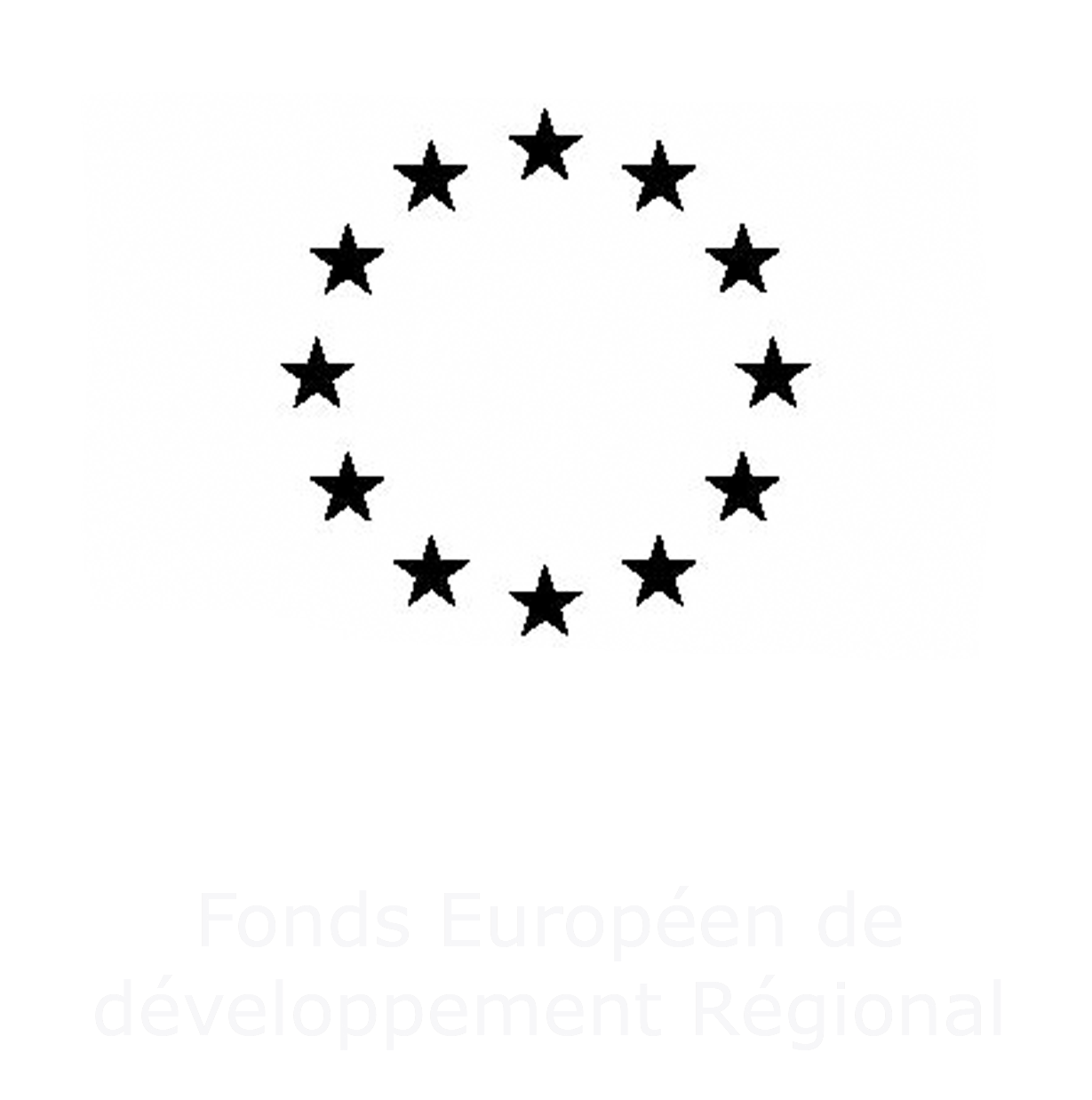International Commitment
An international strategy for the University of Limoges
The international dimension of the University of Limoges is part of a long tradition of links and exchanges with foreign university partners. Especially today, it is one of the French universities hosting more international students (almost 15%). In recent years, the internationalisation of our university has become one of the main thrusts of our institution’s policy.
Our ambition is to disseminate a true “international culture” at all levels, in all training, in all areas of research, for everyone: students, faculty, technicians and administrative engineers. Our ambition is to ensure that all training, research or governance projects are “international” in order to enhance their scope and to place our university firmly at the heart of a global network. To achieve this goal, we have developed an international strategy which focuses on three key aspects.
- The promotion of the incoming and outgoing international mobility of students and of all personnel. We are convinced by promoting the hosting and integration of international students on our courses and on our premises (thanks to the efficiency of our International Reception Office). By offering the best conditions for induction of young “talents” (thanks to the offering of Master’s programme scholarships for the best international students who wish to pursue their doctoral studies) and by encouraging the mobility of all our personnel and, more particularly, our students (in the form of work placements or stays financed to a large extent), we place our university permanently in a network of international exchanges and reinforce its attractiveness.
- The second focus concerns the development of the “culture of international projects”, as far as they relate to research, training or governance. All the forces involved in the engineering of projects at the university are mobilised today, are professional and organised in a network so as to respond best to the demands of an increasing number of project leaders wishing to respond to European or international tenders.
- Finally, the third main focus of our strategy aims to contribute to improving capacities in organisation, training and research of partner universities, particularly universities in the South in the midst of restructuring and emergence. A very important point of our international policy is based on the wish to initiate reciprocal and equitable, humanistic and constructive collaborations and to participate again in the construction of an international “university community” founded on freedom and democracy.
Ultimately, this international strategy has a single ambition : to make our university, which is small in terms of size, a large university in terms of international visibility on the world map.



